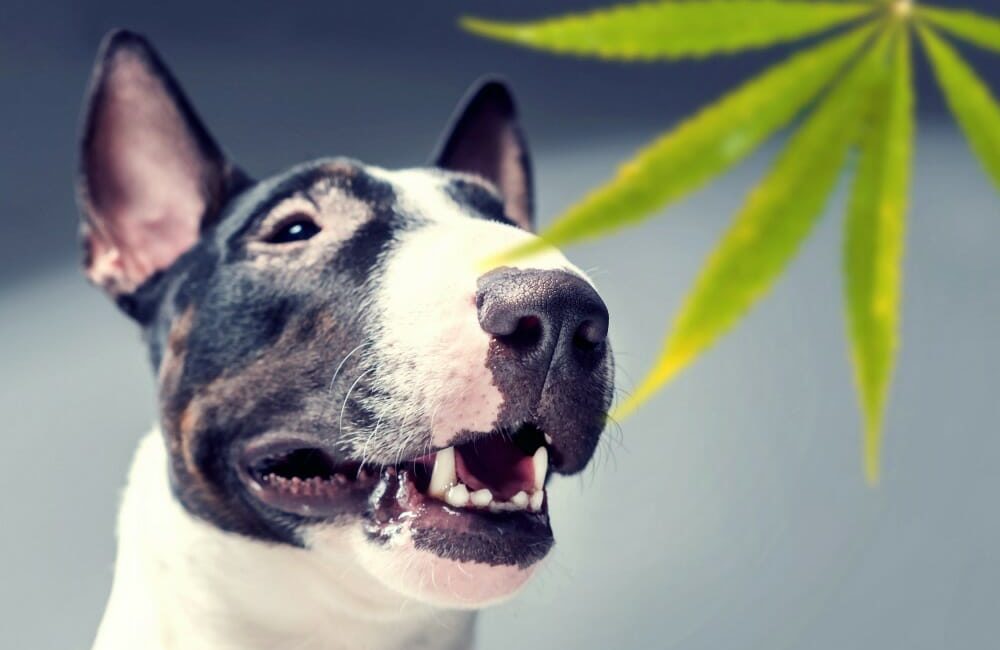Starting October 17th, 2019, cannabis edibles are legal within Canada. With this new market comes increasing risks to your pet. The majority of cases of cannabis ingestion cases are dogs (98%), but felines and other pets have also been reported with the assumption that this will only increase as the number of products available increases. Over the past six years, the Pet Poison Helpline as experienced a 450% increase in calls about cannabis ingestion.
Why are edibles more dangerous?
- THC Percentage: Edibles tend to have a higher THC concentration, with the assumption that the consumer is dosing themselves correctly and only consuming a small amount to achieve the desired impact. When presented with a delicious treat, your pet while probably consumes everything available, including the packaging.
- Type of Cannabis Product: Edibles such as brownies, cookies and other baked goods are made with cannabis butter/oil a concentrated product from infusing cannabis plants with butter resulting in a small quantity of concentrated butter. Other products such as gummies and chocolate bars can also be made with oil products such as hash oil, shatter or wax, which is highly concentrated and can contain between 60-90% THC.
- Other Toxic ingredients: Edibles can also contain other ingredients that are toxic to your pet, the most obvious being chocolate. Other toxic ingredients you might find include Macadamia nuts, grapes, raisins, currants, caffeine and xylitol.
What to do if your pet consumes edibles?
If you are unsure but suspect your pet as consumed edibles, it is best to contact the vet immediately, as time is an important factor when trying to induce emesis in your pet. It would apply in situations where you left your pet at home and came back to them having chewed or destroyed the packaging. In most cases, you will not know your pet has consumed edibles until they start to show signs of intoxication. Once the symptoms are present, it is important to seek medical attention to provide monitoring and supportive care such as fluids for your pet.
Signs and symptoms of cannabis toxicity include:
- CNS depression: slow breathing and heart rate, loss of consciousness
- Lack of coordination
- Urinary incontinence (dribbling urine)
- Glazed expression
- Other but less common signs include vocalizing, vomiting (most common with ingestion of cannabis plants), hypersalivation, hypothermia and seizures (most common with synthetic cannabis such as spice).
Please bring any information or packaging from the product with you to your appointment. The concentration of THC in the product is very important information when determining the proper treatment for your pet. As this is a completely legal product, we do not judge and treat these cases with the same discretion and professionalism as any other ingestion case.
Written by: Keshia Osmond, VA




